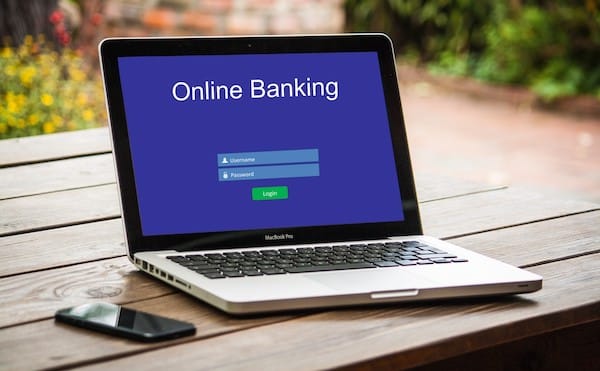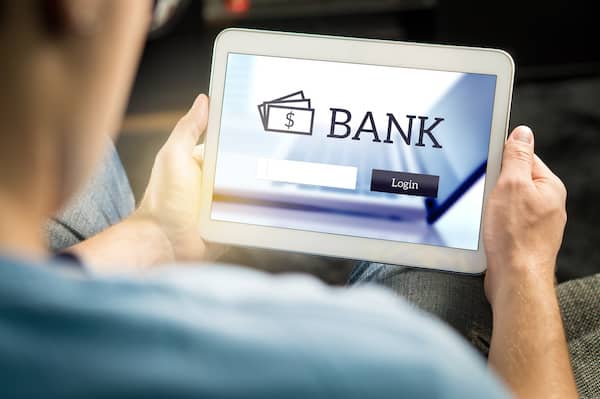Do you want to open a bank account but aren’t sure which bank to choose? Selecting a bank is one of the most important financial decisions you will ever make. All the banks aren’t the same. They differ in the financial products and services they offer to individuals, small businesses, and startups. With so many choices and you may not know where to even start. This is why you need to be more strategic and conduct thorough research to find the best bank that fits your needs.
If you’re wondering which bank suits your needs, here are things you should consider when shopping for a bank. It’ll save you a lot of hassle and money.
1. Identify the Type of Account You Want to Open
Comparing all the types of products and services different bank offers can be overwhelming. To make it much easier, you should identify the type of bank account you want to open depending on your financial goals. Knowing whether you want a checking account, savings account, money market account, certificates of deposit (CDs), can help narrow down your search.
While both saving accounts and CDs help you stash money you don’t want to use for a while, one major difference is that CDs store your money for a pre-determined amount of time and lock in your interest rate for the full term. If you’re looking to keep the money you’ll spend regularly, you should opt for a checking account.
Money market accounts are also similar to a savings account, except the bank can send you a debit card or paper checks, making it easy for you to access your savings.
2. Consider Interest Rates
Most checking accounts don’t usually pay interest, and if they do, the rates are very low. If you want more interest, you can try opening a savings account, CD, or money market account. The rates depend on the bank you choose. In case interest rates matter to you, ensure you find a bank with competitive rates.
3. Find a Bank That Charges Low or No Fees
Opening an account with an institution that charges costly fees isn’t beneficial. You end up losing money instead of saving. When it comes to monthly maintenance fees, you need to choose a bank that charges no fees, low fees, or fees you can waive.
You should also watch out for ATM fees, foreign transaction fees, excess transaction fees, and overdraft fees. If you overdraw a checking account, you may have to pay an overdraft fee. While you may opt for an overdraft protection program, you may end up paying more. So when you’re looking for a new bank, you should find one with more lenient overdraft policies.
Paying fewer ATM fees will depend on the bank and the type of account you want to open. If you often travel in foreign countries, check the bank charges for using your debit card abroad. Also, look at how much different banks charge when you go over your withdrawal limit.
And when you find your perfect account, do this:
Link your checking account to another account at your financial institution so that if you run out of money in your checking account, the bank will pull money from the other account to cover the transaction. You may be charged a fee for this, but it’s typically less than an overdraft fee.
Sign up for low-balance alerts through your bank or credit union’s website. These alerts, which you may be able to receive on your phone, will alert you when you are at risk of overdrawing your account.
4. Consider the Convenience of Your Bank
When it comes to banking, accessibility is a vital factor since you want to be able to access your money as soon as you need it. You need to see if the bank offers convenience in terms of branch location, ATM location, and the availability of digital banking.
Also, look into the bank’s customer support. You want to choose a bank with dependable customer services so you can reach them when you have an issue.
5. Find a Bank That Fits Your Lifestyle
When scouring for banking options, you should stick with a bank that meets your needs. For entrepreneurs, you should opt for a bank that can provide support as you grow your business.
If you’re trying to save money, look for a bank that can help you reach your goals. You may find a bank that lets you open and name separate savings accounts. This can help you create savings account for different uses including a travel fund, emergency fund, and more.
What’s more, your spending habits can give you an idea of a bank you want to work with. If you love tracking your expenses, you can choose a bank that has budgeting tools built into its apps or websites.
6. Examine the Bank’s Digital Features
If you value high-tech digital experiences, you should look into a bank’s digital capabilities. While most banks offer basic services like the ability to pay bills, transfer funds, make mobile deposits and check balances, you also need to see if you can access advanced digital services.
Advanced digital capabilities such as the ability to lock your debit card and manage mobile banking alerts can help enhance your banking experience.
Research the banks you’re interested in and read online reviews to see if they have the digital features you’re looking for.
7. Understand the Terms and Conditions
Before you choose a bank, you should read the fine print. It helps you know if a bank is insured. A safe bank to consider should have insurance, ensuring your money is safe in case something goes wrong and the bank shuts down.
You should also read through your banking account disclosures to ensure you’re aware of the regulations and fees required.
Find the Best Bank for Your Financial Needs
To manage your finances, you’re going to need a bank. Always look at what you need and what each bank can offer you before you choose the best bank.
Also, remember, your choice isn’t permanent. You can change if you outgrow the bank you started with. Read more banking blog posts to learn more about banking and finances.









